Over the last six years Sydney has experienced somewhat of a cultural identity crisis. In 2014, in response to a number of violent incidents, the city was subjected to government regulations that transformed the city’s nightlife districts with venues banned from admitting people after 1:30AM and selling alcohol after 3AM. Ever since, Sydney has been in flux: bars and live music venues closed, rallies were held to fight back, and underground parties began popping up in unexpected places. Largely though, the city’s night time economy suffered and entire neighbourhoods were lost to property developers.
As of last week, the government wound back some of the laws in an attempt to reclaim some night time magic. Although it’s a step towards reviving Sydney’s nightlife, the jury is out on whether the city will ever get back to what it once had or if things are now too different to bother dwelling on the past. Here, nine individuals that live, work and dance across Sydney’s music and nightlife scene reminisce about the pre-lockout city and reflect on what the latest changes to the lockouts could mean for its future.
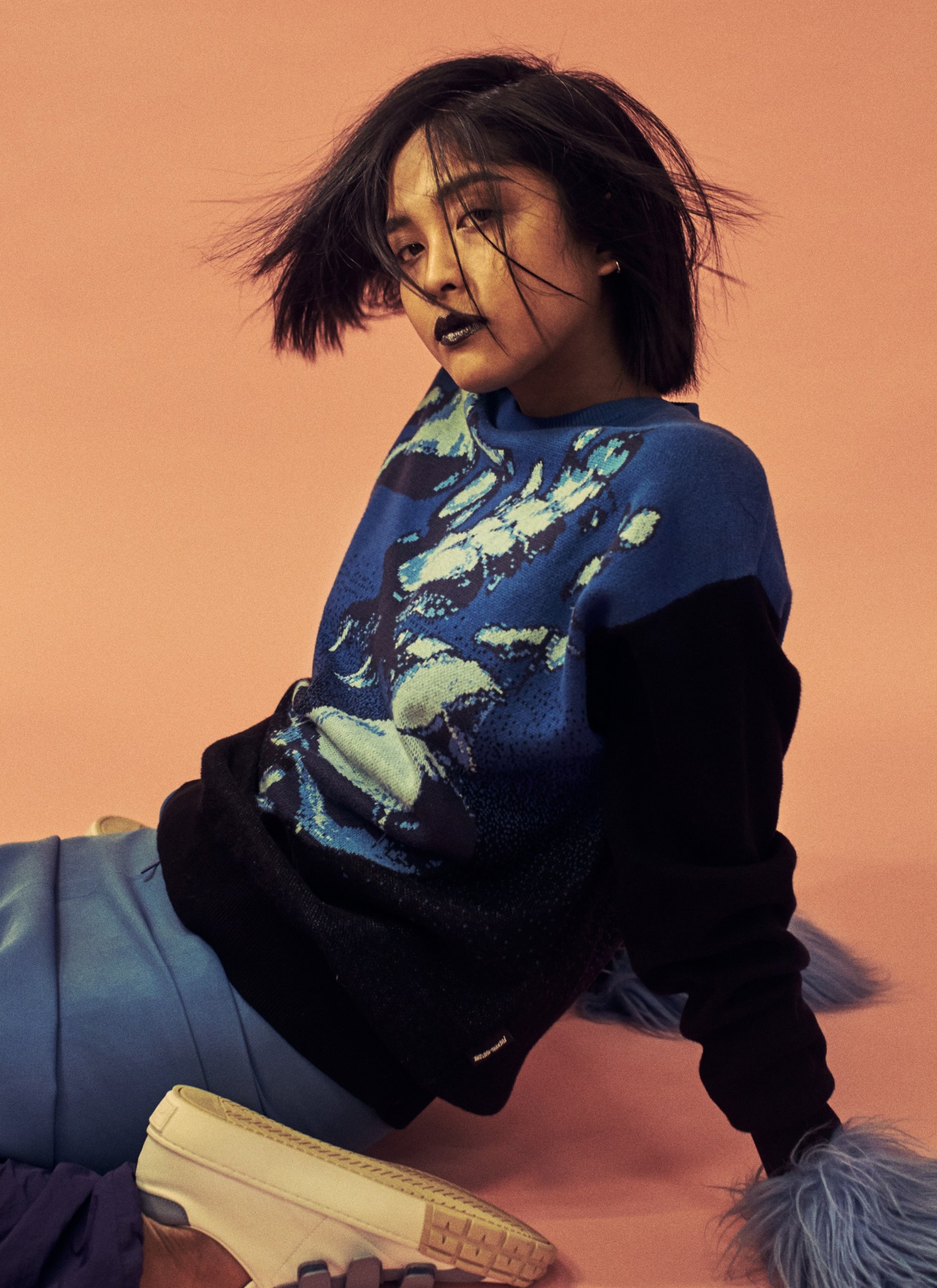
Ciara, DJ
“When it all went down there was a very audible buzz of frustration, we felt betrayed and people started finding ways fighting the system — we rallied, petitioned, threw events to raise money and awareness, it was dark but it was also a really unifying time. These communities are resilient and the music and arts people stepped up and flipped the switch on it and produced some of the most amazing grassroots events which became the party norm.
I’d like to see a Sydney scene that doesn’t forget how dirty the Government did us, not in a bitter way but keep that ‘Viva la Discotheque’ spirit alive way. I want to see a Sydney scene made up of a diversity of thriving, inclusive spaces where we are free to party safely, environmentally and socially conscious on recognised Gadigal land.”
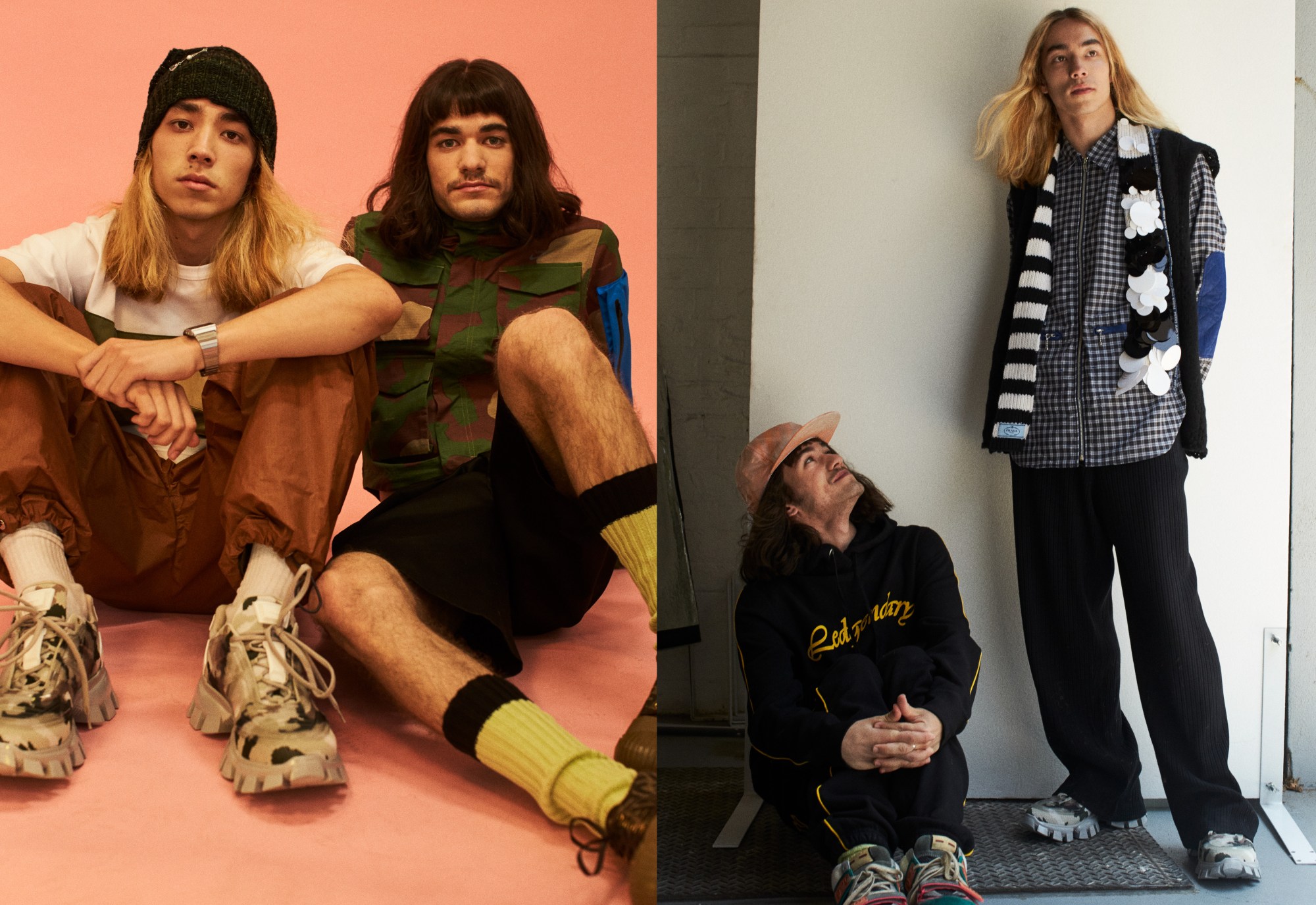
Harvey and Itay, The Lazy Eyes
Harvey: “Being in a Sydney band, we found the nightlife lacking. We felt like we had to drag our friends to our gigs if we didn’t want to play to an empty room. Travelling overseas to places like Berlin last year really made me realise how dead Sydney’s nightlife can be. I think [the law change] would make things a lot easier for aspiring artists/musicians to start out and enter into a scene.”
Itay: “I always find it a massive shame walking around at night time in a beautiful area in the city and there is just no one around. It feels lonely. If we can construct a way to keep the safety but reignite the liveliness — that’s the dream!”
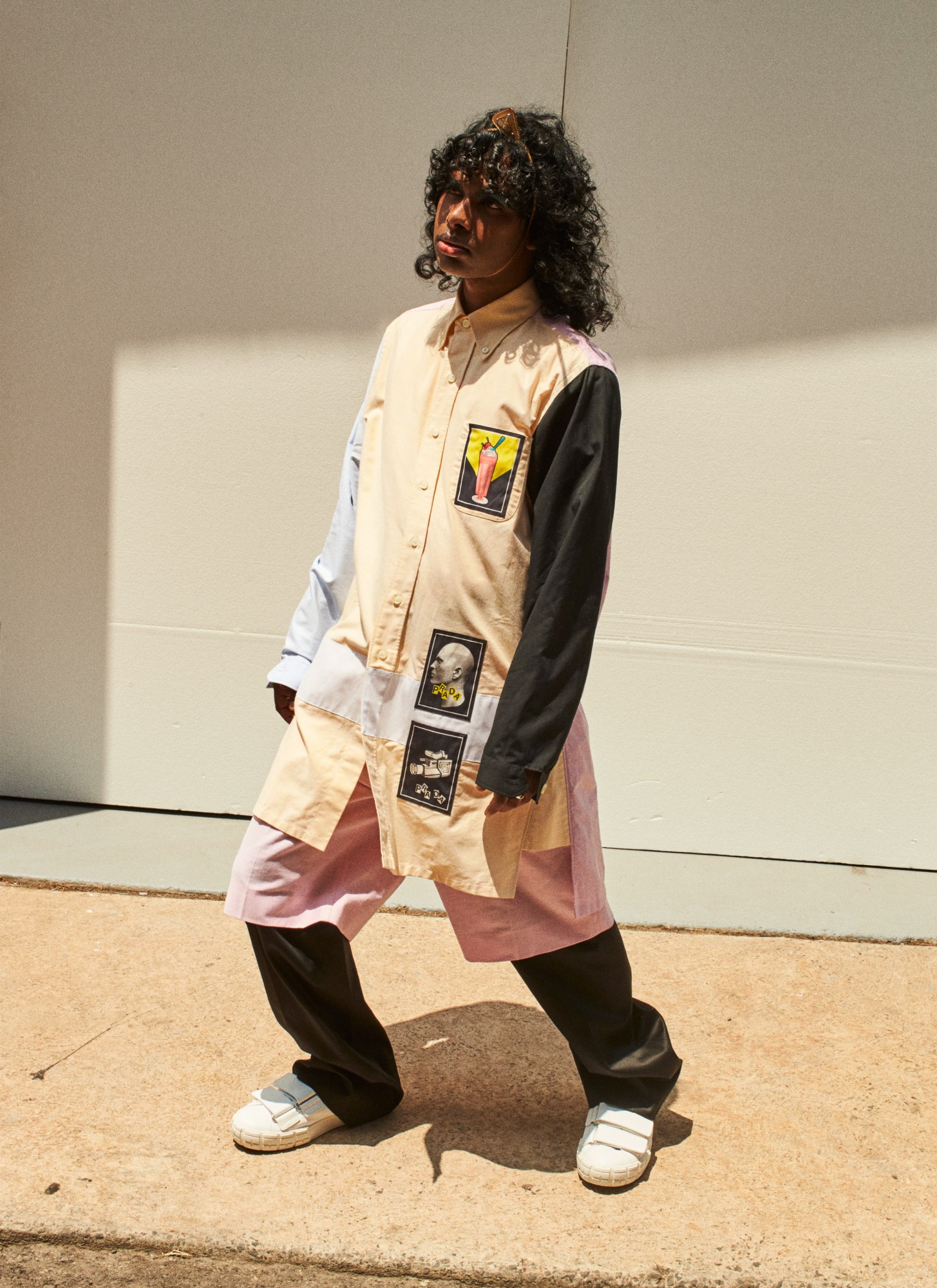
Uda, music publicist, artist manager and programmer
“To be affected by the lockout laws is a sign of privilege. I feel the activism that we witnessed didn’t repel these laws, rather that developers had the right words with the right people. Overall I’m uncomfortable about the emotional depth and mobilisation of activism regarding lockout laws, In saying that it has been beautiful to see various aspects of Sydney come together and making people want to work together.”
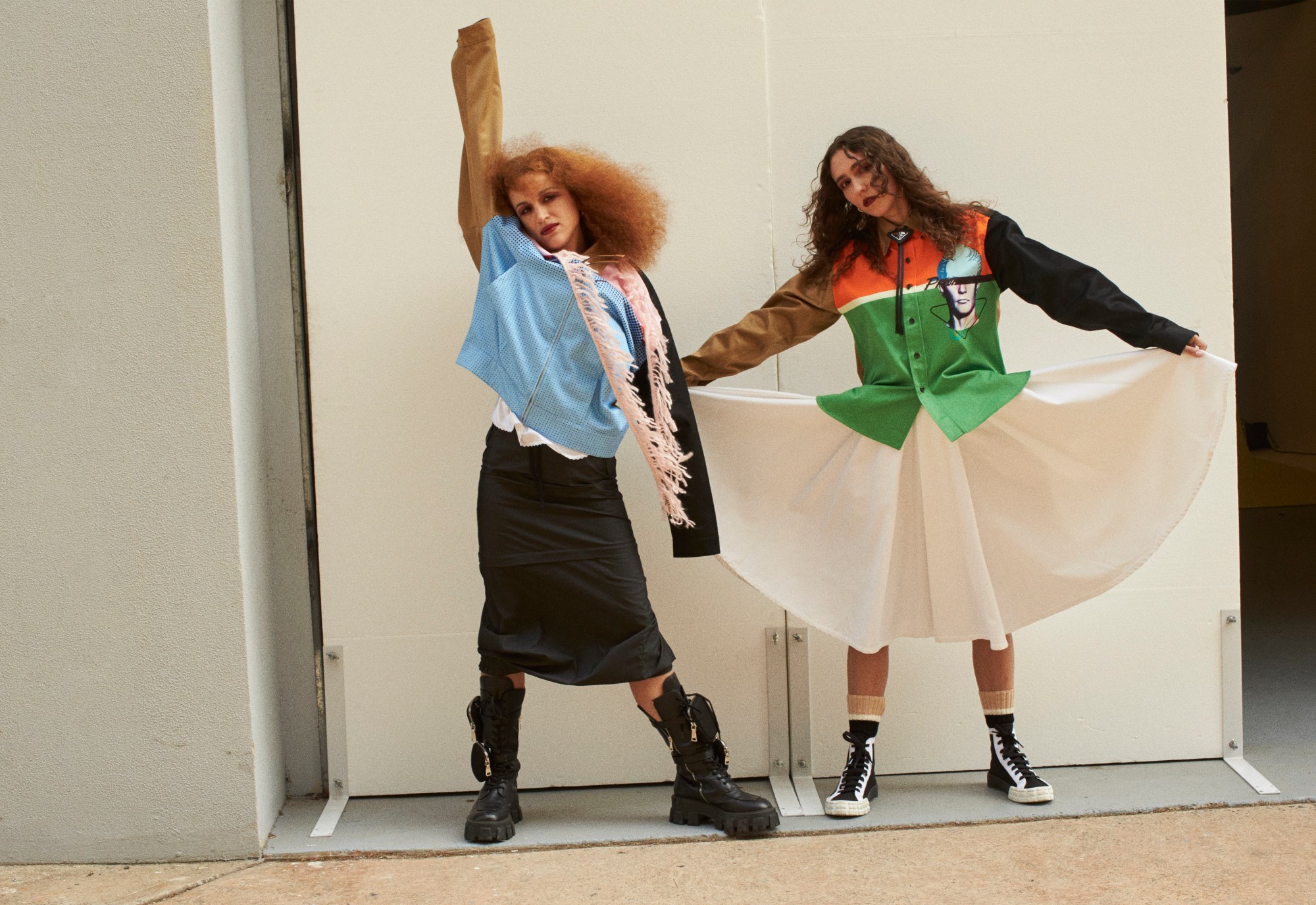
Ellen: “The lockouts came into effect during my early 20s and have been scrapped during my late 20s, so I feel a sense of loss for that time. With the current reigning government I’m sceptical [the law change] will last.”
Gabriella: “The lockout laws have irreversibly changed the culture of our nightlife. From the closure of independent businesses, to losing our identity as a city — seen specifically in Kings Cross. This sits in direct opposition to the Australian ethos of ‘supporting the little guy’ and ‘having a fair go’. We see ourselves as David yet are making laws for Goliath.”
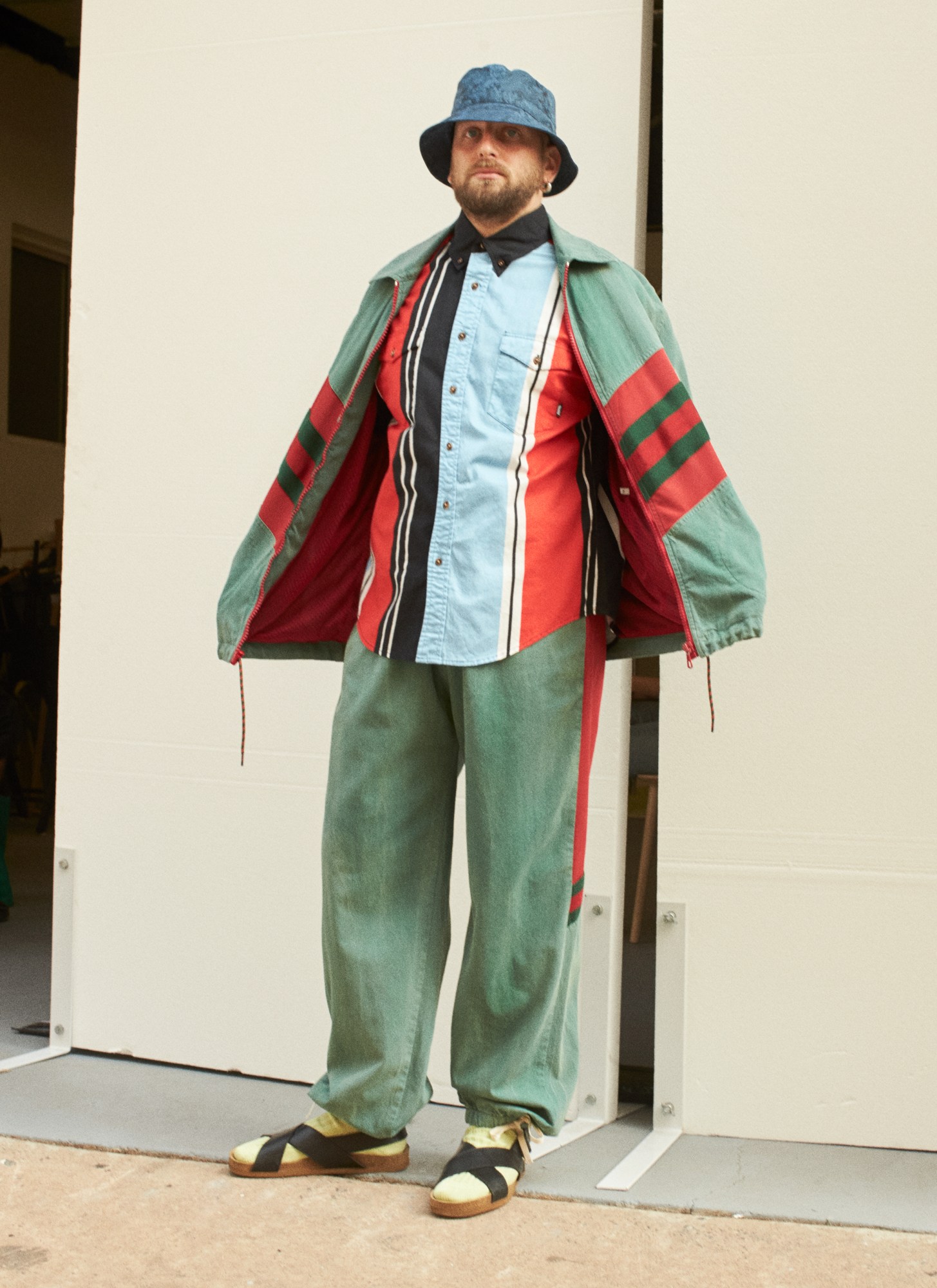
“The lockout laws changed Sydney both physically and psychologically. Physically in the loss of many late night businesses, from long-standing venues to places that had thrived off late night trade — like the Oxford Street Newsagency that had been open for 80 years prior to the laws being put in place. Once those businesses disappear you will never get them back. However in some ways the greater damage was psychological, as it was politicians deciding that Sydney was not for creative open-minded people anymore, many of whom worked, performed and socialised in late night businesses. In some ways it felt like a big middle finger to anyone who is passionate about music and culture, and the community that form in these environments, regardless of whether they had any relationship to the issues of alcohol-fuelled violence or not. This psychological damage will take an even longer time to overcome. It made us a less open-minded city.”
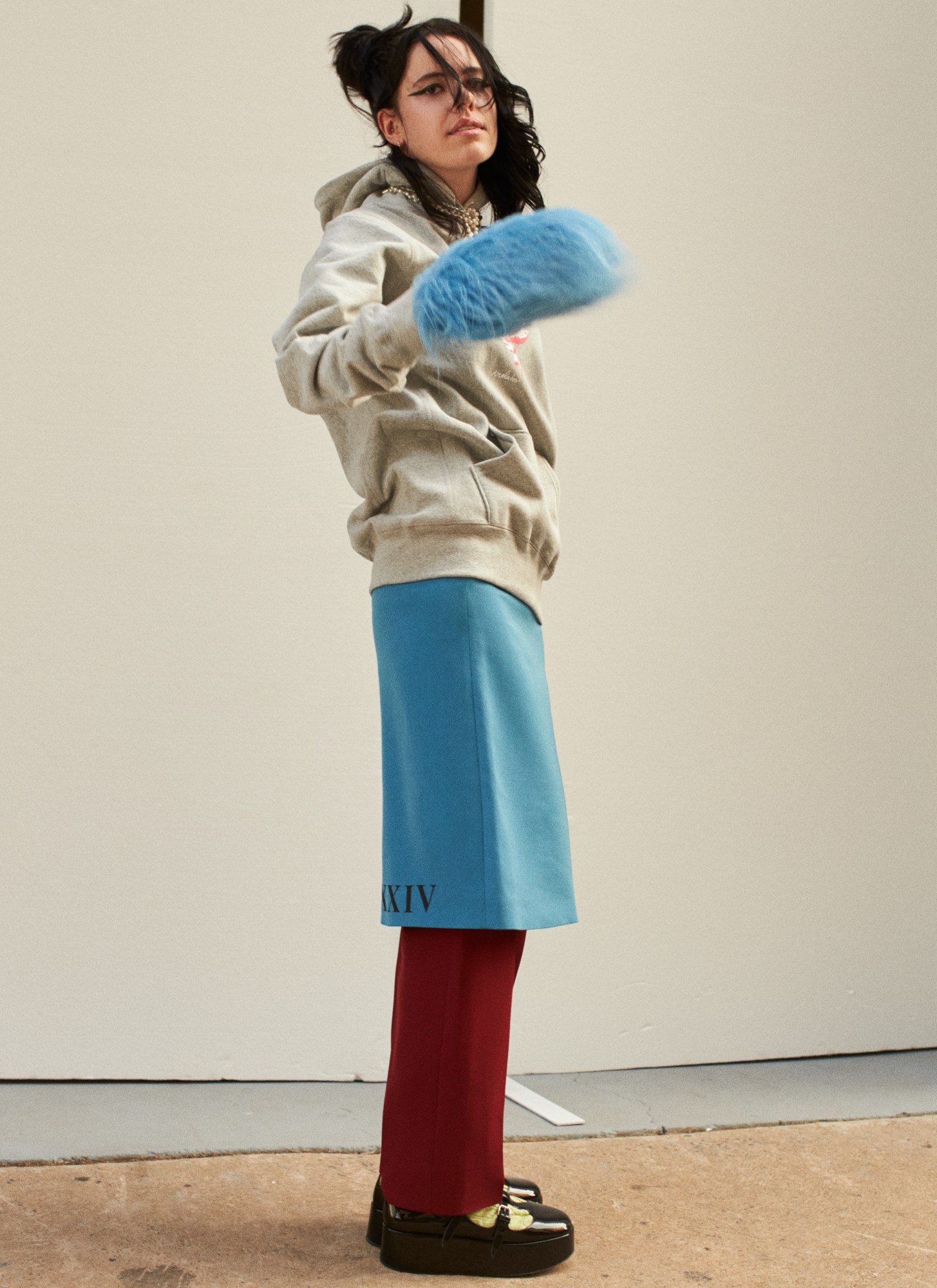
Andy, DJ
“The month leading up to the lockout laws being introduced I was holding down my first DJ residency at a club night at the Imperial Hotel in Erskineville. The DJ residency is essentially nonexistent in Sydney now. These opportunities have ceased to exist as the infrastructure to house them has dissolved.
Some of my absolute favourite DJ gigs have been in Sydney, post-lock outs. From the Full Bloom parties (the first warehouse parties I was a part of hosting), to playing in a bunker on the edge of a cliff that looked over the ocean. Finding raves tucked away in the valley of a park, or in the backstreets of the inner-west. The lockouts have made it necessary to be creative if you wanted to create a space for culture to exist, and that in itself is really special.”

Bobby Vibe Positive, DJ and event planner
“I started my party in the lockouts. Personally the lockouts were fun and challenging to try to make things work finding new spaces in new zones. A good party is really appreciated here as you feel like you are getting away with it. The community really banded together in Sydney post the lockouts, and on a personal level, I have not experienced anything so special… The laws have not really been scrapped: Kings Cross got lost to developers and venues still have to close earlier than they did before.”
Credits
Photography Daniel King @ Home Agency
Styling Charlotte Agnew
Hair Kyye Reed @ Work Agency
Make-up Carly Lim
Photo assistant Alex Wall
Styling assistants Georgia Mckenzie, Victoria Wills
Make-up assistant Margaret Wu
